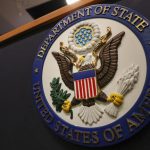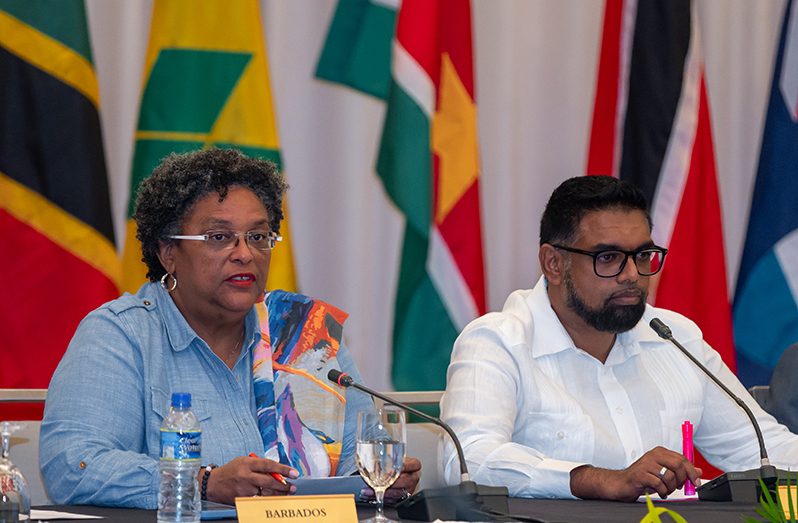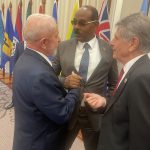-PM Mottley announces digital platform for regional company establishment
Barbados Prime Minister, Mia Mottley, has announced that nationals from the Caribbean Community (CARICOM) will have the ability to travel throughout the region by the end of March.
During the closing news conference of the four-day CARICOM summit in Georgetown, Guyana, Mottley stated that leaders had made the decision on Wednesday that they were on track.
In July 2023, a meeting was convened in Trinidad and Tobago where regional leaders gathered for the 45th Conference of the Heads of Government. During this conference, a deadline was established to conclude the process of enabling the free movement of CARICOM nationals.
PM Mottley noted that leaders will meet again on March 15th, before then, the remaining policy issues are expected to be settled.
“There was just two policy issues referred to heads for us to settle and they will meet on the seventh of March, the legal affairs committee will sign off on the draft [on the] eighth of March; and the heads of government will meet on the 15th of March with the hope that we can sign off in time for the deadline given in Trinidad of the 31st of March for the free movement of people,” PM Mottley said.
CARICOM nationals have the privilege to freely travel within participating nations for engaging in lucrative commercial endeavours under the CARICOM Single Market and Economy (CSME), which is governed by the Revised Treaty of Chaguaramas.
Currently, nationals enjoy the freedom to relocate within the region for a period of six months without any interrogation.
Prime Minister Mottley elaborated on the objective of leaders to facilitate the unrestricted movement of nationals throughout the region, surpassing the current six-month restriction.
“People have the right to move now for six months without questions. What we are talking about now is removing that six-month constraint.”
The current leaders are actively working on ensuring the ‘minimum rights’ for CARICOM nationals, she said.
“Those are being resolved and settled now,” she said.
Beyond the facilitation of people’s mobility, regional leaders are also dedicating efforts to tackle the issue of company formation within the region.
At present, when a CARICOM national intends to establish a company in another member state upon relocation, they are obligated to make a payment.
This PM Mottely noted is a ‘burden’ in a single market and a single economy.
“We agreed that we would work to get the mutual recognition of companies across the community settled and we are working towards trying to have that done by our meeting in July in Grenada.”
“To allow people the right to move and then tell them that they have to pay separate sums to form [a] company—the same company, doing the same business, in each and every one of the countries going in is a burden too heavy for you to carry in a single market and a single economy,” she stressed.
In order to achieve this goal, a digital platform will be created to facilitate communication among member states.
“When you go to register in one country you can immediately see what is available in terms of conflict or capacity to register.”
During the inaugural ceremony of the CARICOM summit, President Ali emphasised the leaders’ strong commitment to prioritising the implementation of the CSME, while also highlighting the significance of frank discussions aimed at bolstering the organisation.










